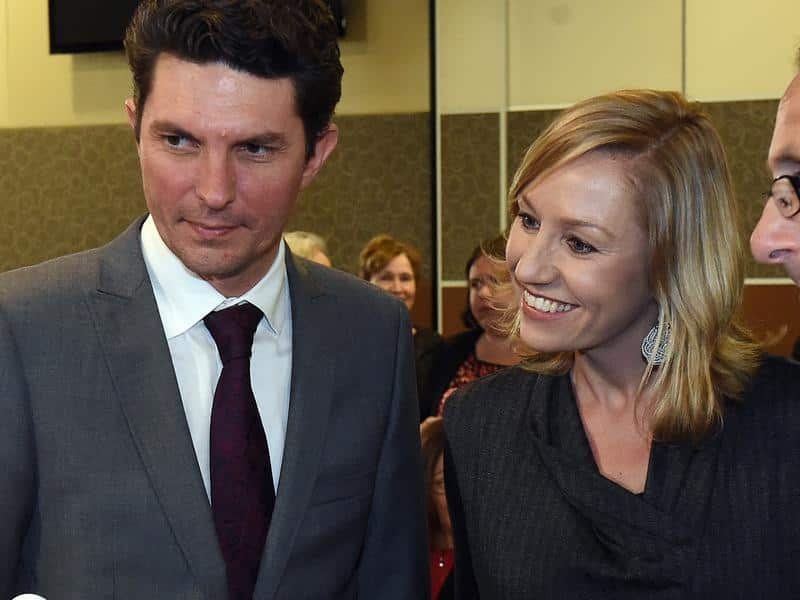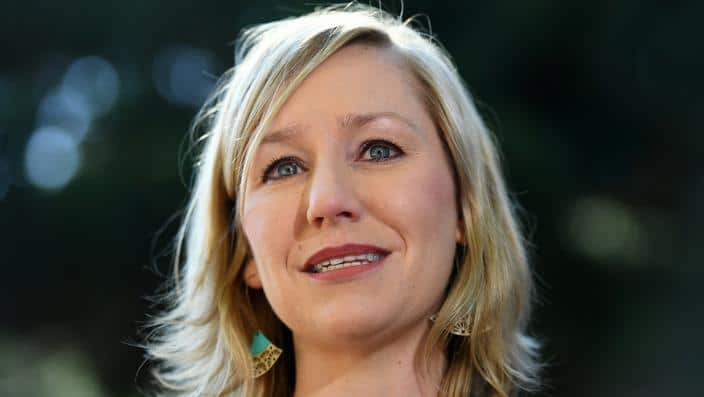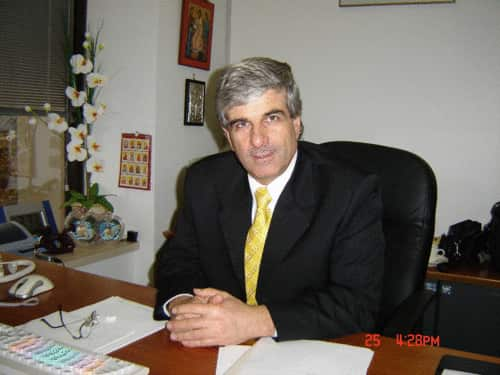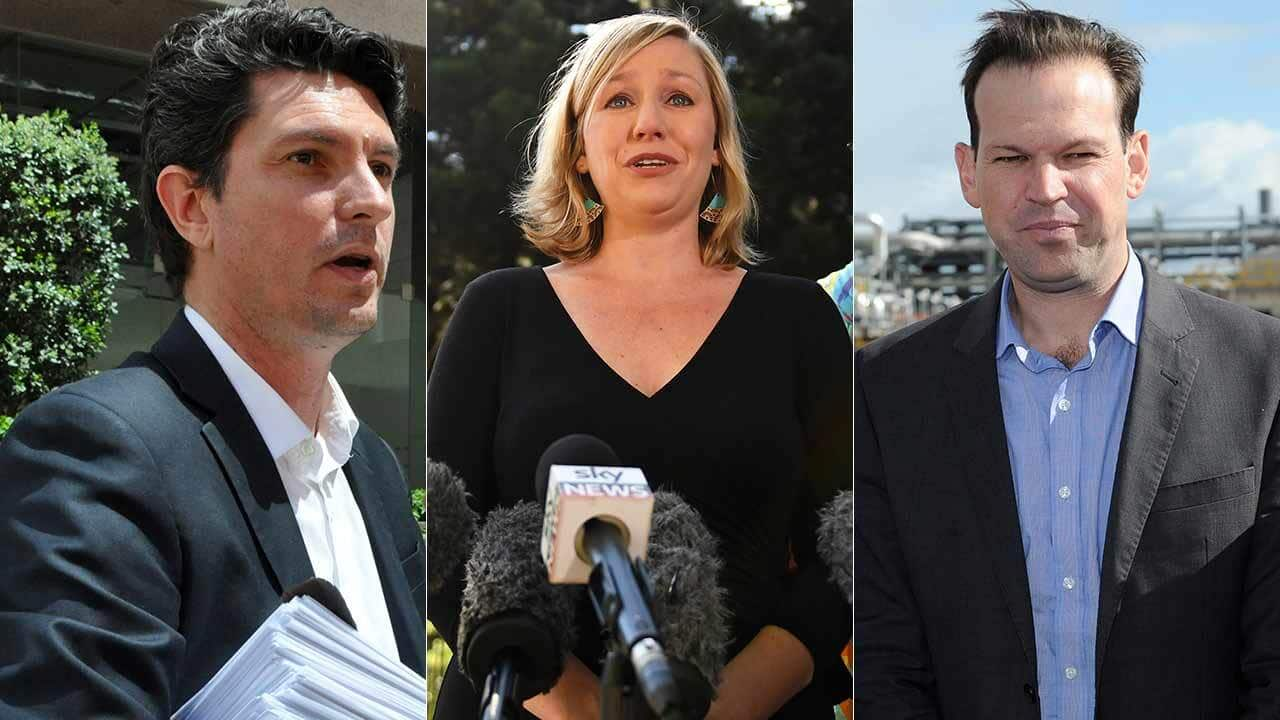The Australian Constitution declares that any person who is under any acknowledgment of allegiance, obedience, or adherence to a foreign power, or is a subject or a citizen or entitled to the rights or privileges of a subject or a citizen of a foreign power.
Earlier in July, two Greens Senators, Scott Ludlam who was born in New Zealand, and Larissa Waters who was born in Canada both resigned.

Senator Ludlam, who was first elected to the Senate a decade ago, made the bombshell announcement about his dual citizenship that has since prompted more than 20 other parliamentarians to review their status.
Senator Ludlam’s position was not challenged by an opponent or by an inquisitive journalist. A member of the community had raised it with the Senator who in turn checked with the New Zealand authorities before declaring that he was disqualified from running for office at the 2007, 2013 and 2016 elections
Timing is everything
The Canadian Citizenship Act states that a Canadian citizen who was born outside Canada after the first generation between 15 February 1977 and 16 April 1981 is required to apply for a retention of Canadian citizenship before their 28th birthday, otherwise their Canadian citizenship would be automatically lost.
Another deputy leader of the Greens Party, Larissa Waters had the misfortune of being born on 8 February 1977, a week before this Canadian law came into effect. Though Ms Waters had not been to Canada in the last 40 years, she got her lawyers to check her status when Senator Ludlam resigned.

In both situations, it was the senators themselves who alerted the media and public. There is an increased interest in knowing what the Australian constitution has to say than ever before.
There’s a difference
Senator Matt Canavan was not born overseas. He is entitled to citizenship by descent, and says it was not him who applied for a foreign citizenship.
In 2006, when Senator Canavan was 25, his mother had applied for Italian citizenship and had included her children also in the application. Senator Canavan says he did not know of this application and has confirmed with the Italian authorities that he did not make the application. However, the Italian authorities have advised that he is a foreign resident Italian citizen.
There are precedents
In 1992, Phil Cleary, then an Independent MP for the electorate of Wills was disqualified for holding an "office of profit under the Crown" by Section 44(iv) of the constitution. During the judgement, the citizenship status of Cleary's election opponents were also considered.
The second respondent, Mr John Delacretaz, the Liberal candidate at the time, was born in Switzerland and was a Swiss citizen.
He migrated to Australia and became naturalized as an Australian citizen. However, he did not at any time make application to the Government of Switzerland to renounce or otherwise terminate his Swiss citizenship. Under the law of Switzerland, a Swiss citizen will be released from his or her citizenship upon his or her demand if he or she has no residence in Switzerland and has acquired another nationality.
Since Mr Delacretaz had not made such demand, the High Court of Australia declared that he was also disqualified to stand for election.
The third respondent, Mr Bill Kardamitsis, the Labor candidate, was born in Greece and was a Greek citizen. He migrated to Australia and became an Australian citizen. He did not at any time make application to the Government of Greece to discharge his Greek nationality.

“Nationality serves above all to determine that the person upon whom it is conferred enjoys the rights and is bound by the obligations which the law of the State in question grants to or imposes on its nationals.”
Under the law of Greece, a Greek national will have his or her Greek nationality discharged if (a) he or she has acquired the nationality of another country with the permission of the appropriate Greek Minister; or (b) he or she has acquired the nationality of another country and later obtains the approval of the appropriate Greek Minister for the discharge of his or her Greek nationality.
In the latter case, the discharge of Greek nationality becomes effective as from the date of the Greek Minister's approval and not from the date of the acquisition of foreign nationality. Since Mr. Kardamitsis had not made such demand, the High Court of Australia declared that he was also disqualified to stand for election.
However, this ruling by the Australian High Court is now under scrutiny.
When this ruling was made, the judges said, “Nationality serves above all to determine that the person upon whom it is conferred enjoys the rights and is bound by the obligations which the law of the State in question grants to or imposes on its nationals.”
Does 'Entitled;' mean Ineligible?
Section 44(i) of the constitution states that a person under any acknowledgment of allegiance, obedience, or adherence to a foreign power, or is a subject or a citizen or entitled to the rights or privileges of a subject or a citizen of a foreign power is disqualified to become a Senator or a Member of the Parliament.
Does the word "entitled" mean that an individual has to actually be a citizen of another country now, or does it include anyone entitled to claim citizenship in the future?
The last census shows that the number of people born overseas is on the rise. Will Section 44(i) of the constitution forbid most of these people from running for office?
Can the Constitution be Changed to accommodate changing Australia?
So, why not change the constitution to reflect the changing Australia?
Section 128 of the Australian Constitution states that any alteration must be passed by an absolute majority of each House of the Parliament, and not less than two nor more than six months after its passage through both Houses the proposed law shall be submitted in each State and Territory to the electors qualified to vote for the election of members of the House of Representatives.
Even after that, the majority of the electors voting in these States must approve the proposed law, i.e., a referendum is required.
Since 1906, there had been 19 referendums. Only 8 have passed.
With that in mind, and with other pressing topics such as marriage equality and recognition of the First Peoples, no one is keen on championing this change.
What is the Alternative?
Currently, there are a little over 20 parliamentarians who are born overseas. Most of them have declared that they have severed their allegiance to their country of birth. Will that be enough in the future?
One option that may be more practical is to change the Citizenship Act. Wheels are already in motion for change in the Citizenship Act. Rather than let foreign law define whether an Australian citizen can run for Parliament, why not include a clause to make anyone taking the Australian Citizenship oath to have an option to relinquish any other hold on foreign citizenship?
Who are the politicians born overseas?
More than 20 Australian MPs and senators were born overseas. Here is the list, broken down by origins, with what they have said about their citizenship.
Belgium
- Senator Mathias Cormann – Consistent with relevant Belgian Nationality Law at that time, the voluntary decision to become an Australian citizen had the immediate and automatic effect of Senator Cormann losing his Belgian citizenship at that point.
Egypt
- MP Anne Aly – Labor MP who was born in Egypt said that when she decided to nominate as an MP, she had to give up her dual citizenship.
Germany
- Senator Eric Abetz – in 1993 letter he wrote to the German Embassy that he wanted to completely relinquish his German citizenship.
Greece
- MP Maria Vamvakinou – renounced her Greek citizenship in 2000.
Iran
- Senator Sam Dastyari – Labor senator born in Iran, revealed that he spent $25,000 to give up his Iranian citizenship.
India
- Senator Malcolm Roberts – Confirmed with the Indian authorities in 2014 that he is not a citizen of India.
Italy
- MP Tony Zappia – has refused to show relevant documents but said his nomination was sound and compliant with section 44 of the Constitution, under which you cannot be a dual citizen.
Malaysia
- Senator Penny Wong – has refused to show relevant documents but said her nomination was sound and compliant with section 44 of the Constitution, under which you cannot be a dual citizen.
New Zealand
- Senator Derryn Hinch – revoked his NZ citizenship officially before nominating at the last election.
Nigeria
- MP Sussan Ley – Liberal MP was born in Nigeria and her parents were born in Britain. While she was never a citizen of Nigeria, she renounced her British citizenship in 2001.
Singapore
- MP Ian Goodenough – Confirmed that he was not a citizen of Singapore.
- Senator Peter Whish–Wilson – Though born in Singapore, not a dual citizen.
United Kingdom
- MP Tony Abbott – Declared that he had given up his foreign citizenship.
- Senator Doug Cameron – has refused to show relevant documents but said his nomination was sound and compliant with section 44 of the Constitution, under which you cannot be a dual citizen.
- MP Paul Fletcher – renounced his UK citizenship in 2009.
- Senator Alexander Gallacher – renounced his UK citizenship in 2010.
- Senator Nick McKim – Declared that he had given up his foreign citizenship.
- MP Brian Mitchell – Declared that he had given up his foreign citizenship.
- MP Brendan O'Connor – renounced his UK citizenship in 2001.
- Senator Nigel Scullion – renounced his UK citizenship in 2001.
- MP Josh Wilson – renounced his UK citizenship in 2016.
- MP Rebekha Sharkie – Declared that he had given up her foreign citizenship.
Kenya
- Lucy Gichuhi – Family First senator was born in Kenya, and the Labor Party questioned her eligibility earlier this year. High Court rejected their challenge, finding Senator Gichuhi no longer held Kenyan citizenship having taken up citizenship here.
